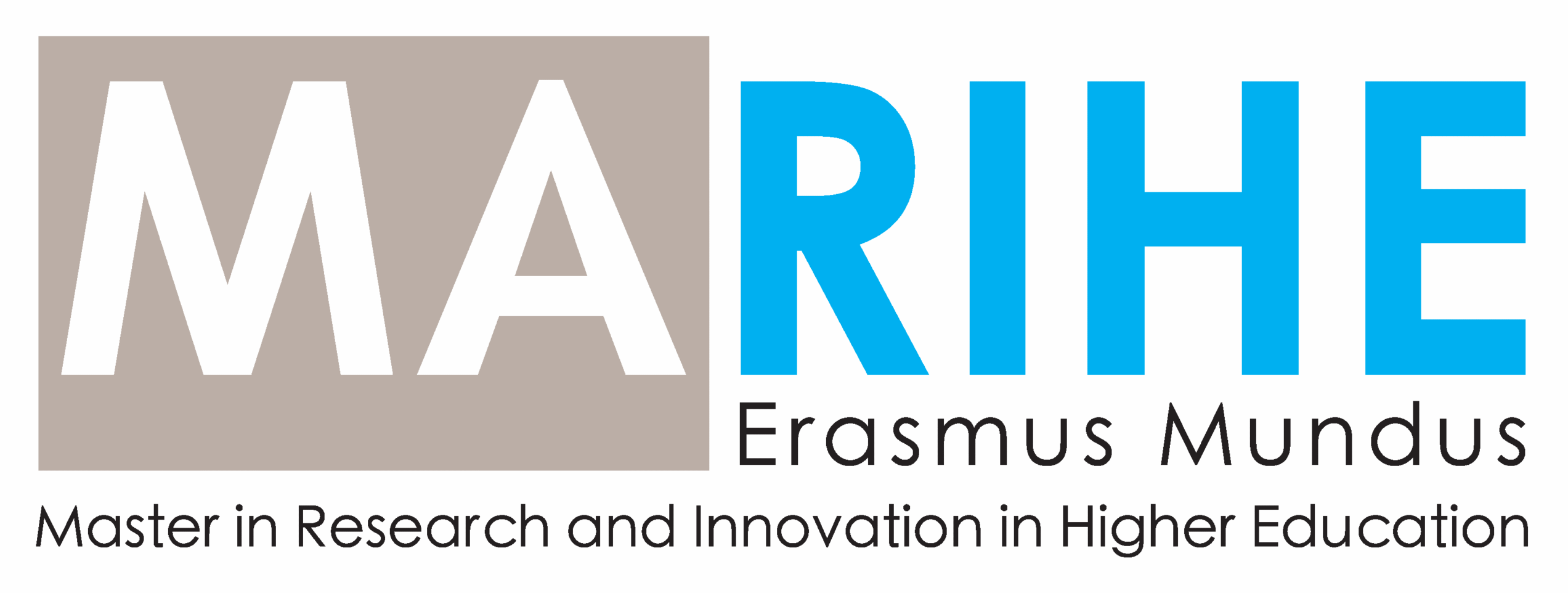MARIHE Mobility Scheme
Experience higher education from a global perspective through MARIHE’s strategic mobility pathways that provide access to diverse expertise and institutional contexts. Your journey begins with foundational semesters in Austria and Finland, where you’ll master essential concepts alongside your international cohort.
Then shape your expertise by choosing between specialized tracks in Asia (China or India) and Europe (Austria, Finland, Germany, Hungary or Portugal), completing a professional internship focused on research and innovation with leading institutions, and writing your thesis at your chosen specialization university. You’ll experience different types of higher education institutions providing contextualization for understanding how higher education management and policy analysis work across varied settings.
This carefully designed progression connects you with expertise in higher education consultancy and regional specializations while developing your cultural sensitivity and diversity orientation through authentic contact with different national and cultural contexts. Build language skills, expand your international network, and graduate with leadership skills, intercultural competence and the confidence to lead innovation in higher education anywhere in the world.
Curriculum information valid for student intakes 2025-2028.
Overview
Specialisation Descriptions
Degree Options
UWK: Master of Science (Continuing Education)
UWK: Master of Science (Continuing Education)
UWK: Master of Science (Continuing Education)
TAU: Master of Administrative Sciences
